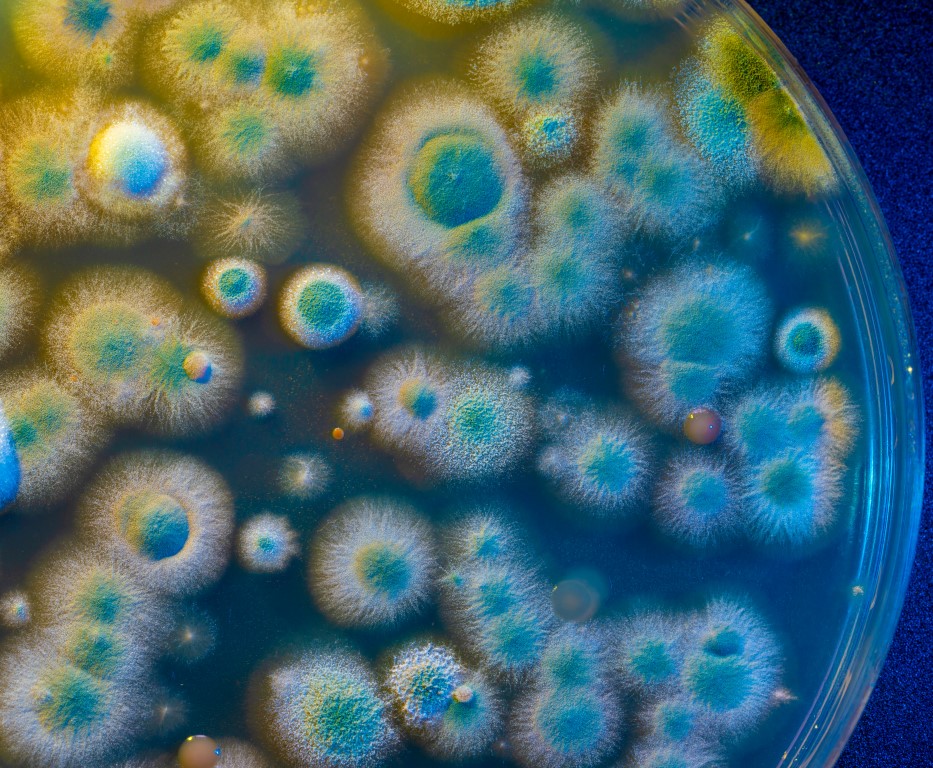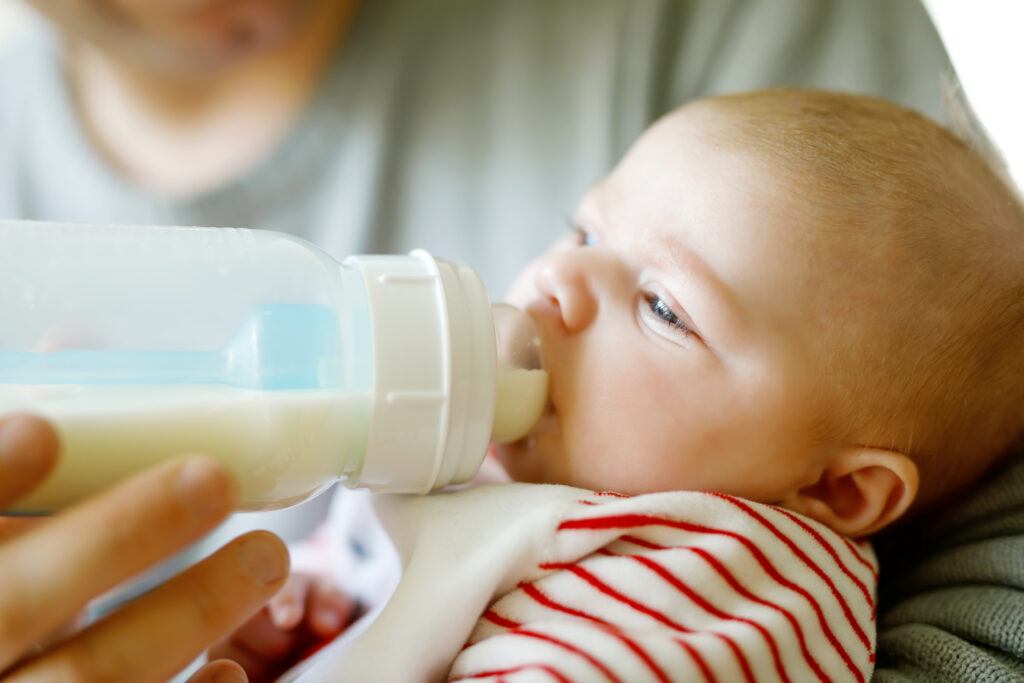By two to three years of age, the composition of an infant’s gut microbiota will have become relatively stable. Infancy and early childhood therefore represent a period of massive change, and an opportunity to create the conditions for healthy microbiome development. Accumulating evidence suggests adult gut microbiome composition as a significant health determinant, therefore understanding the factors affecting infant microbiome development have life-long implications.
Significance research efforts are being directed towards understanding the early determinants of microbiome function and composition, such as mode of delivery and antibiotic use. A deeper understanding of the infant microbiome could be harnessed to inform strategies for infant nutrition, in the form of probiotics, nutritional supplements, and altered infant formula.




